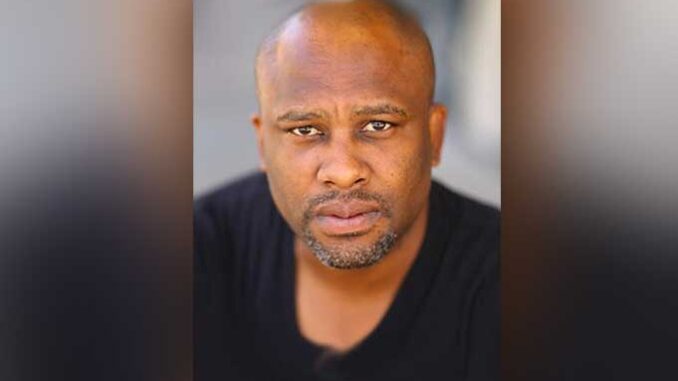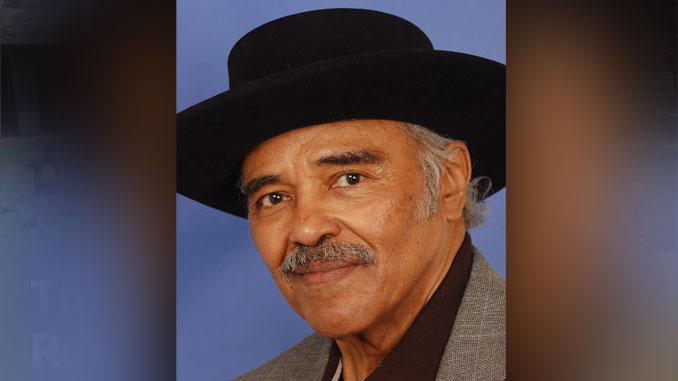
For many, August 29th is not a day of celebration but a Day of Remembrance. It is a time to mourn what was lost, loved ones, homes, entire neighborhoods, but also to acknowledge survival, community, and the power of rebuilding.
Lucky Johnson: Survival and Service
Actor and Community Leader Lucky Johnson remember Katrina as both a personal and collective turning point. His son Katyre was born on August 29, 2005, the very day the storm made landfall. “That’s my miracle baby,” he says, recalling how his child was safely born outside the city because his family evacuated.
Johnson himself stayed behind, documenting the storm in what would become the critically acclaimed documentary,
The Katrina Story. At the time, he owned party buses, which he quickly repurposed to help residents escape floodwaters. “It was a blessing to be able to help people get to safety,” he recalls.
That sense of responsibility has stayed with him. Today, through the Lucky Johnson Foundation, he provides emergency supplies and opens his Community Center whenever storms threaten. “I help those who cannot help themselves,” Johnson explains. “Every storm since Katrina, I’ve made sure people have a safe place to turn. That’s my duty now.”
Charmaine Neville: Music, Memory, and Resilience
Singer and Cultural Bearer Charmaine Neville reflect on the storm with a mix of pain and gratitude. “There’s still anxiety, some fears, but we are survivors,” she says. “The city is still here, and we are here as stewards, as culture bearers, to make sure the next generation understands what it means to be from New Orleans.”
She acknowledges the losses, friends and family who never returned, but celebrates the resilience of young people who grew up in Katrina’s shadow. “So many of them have graduated high school, college, and are doing great things. They continue to make this city spectacular,” Neville says.
For her, music remains the city’s heartbeat. “Per capita, New Orleans may have more musical families in one block than some cities have in their entire population. The bass drum, the sound of a brass band, it will always move you. It makes you want to dance, no matter your age. That’s who we are.”
Eddie Compass: From Crisis to Community
Former New Orleans Police Superintendent Eddie Compass recalls walking into the Superdome, where thousands of evacuees had taken shelter. “It was overwhelming,” he says. “Eighty percent of the city is underwater. People needed medication, food, and help during this time of so much uncertainty.”
The challenges were immense, but Compass remembers the countless unsung heroes. “There were tears, there was fear, but there was also so much compassion. More people were helping than harming,” he recalls.
For Compass, the experience has had an impact and ultimately reshaped his life and career. Once honored nationally for his community policing efforts, he later turned to mentorship and working in Education. Fueling his passion, he’s worked with young men as a strength and conditioning coach at his Alma Mater, St. Augustine High School. “God moved me to do something different,” he says. “When I see young men go on to the NFL or become assets in their community or not become part of the Criminal Justice System, it brings me great joy, and that’s the legacy I want to leave behind.”
Recommended For You.



Be the first to comment